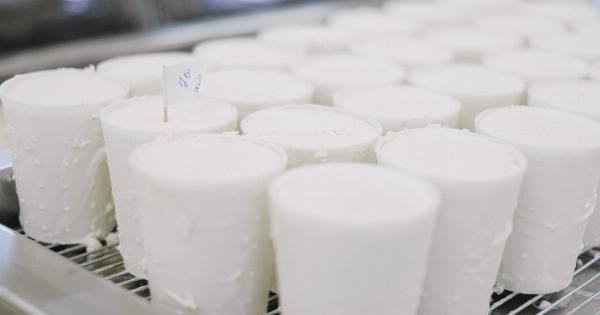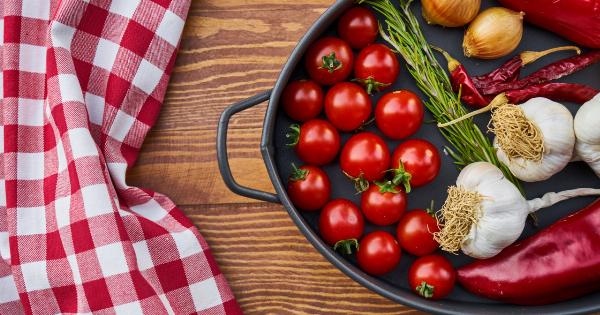For new mothers, the first few weeks after giving birth can be filled with many learning curves. One of the most challenging aspects of motherhood is often breastfeeding, especially for those who struggle with low milk supply.
Luckily, there are a variety of foods that new moms can consume to boost their breast milk production. Below, we’ve outlined ten food items that can help increase breast milk supply.
Oatmeal
Oatmeal is a great food to help increase milk supply. It is rich in iron, which the body needs to produce milk. Furthermore, oatmeal also contains saponins, which are believed to help stimulate the production of hormones essential for breastfeeding.
To get the benefits of oatmeal, try incorporating it into your breakfast routine by enjoying oatmeal, granola, or muesli.
Fennel Seeds
Fennel seeds are used all around the world to help increase breast milk supply. These seeds contain a compound called anethole, which is believed to help stimulate milk production.
Fennel seeds also contain phytoestrogens, which are compounds that are similar to the estrogen hormone in the female body. To consume fennel seeds, you can add them to your tea, soups, or stews for added flavor and benefit.
Fenugreek Leaves
Fenugreek leaves have been used for many years in traditional medicine to help increase breast milk supply. This food item is rich in phytoestrogens and is also a galactagogue, which means it helps stimulate the production of milk.
Fenugreek leaves can be soaked in water overnight or consumed in powder or capsule form for maximum benefit.
Brewer’s Yeast
Brewer’s yeast is a type of yeast that is often used to make beer. However, it is also a great food item for breastfeeding mothers who want to increase their milk supply.
Brewer’s yeast is rich in B vitamins, iron, and protein, all of which are essential nutrients for lactation. Brewer’s yeast can be added to smoothies, yogurt, or taken in supplement form.
Salmon
Salmon is a rich source of omega-3 fatty acids and vitamin D, both of which are crucial for improving breast milk supply.
Omega-3 fatty acids help support the development of the baby’s nervous system, while vitamin D helps regulate calcium levels in the body. To enjoy the benefits of salmon, try adding it to your diet twice a week.
Cumin Seeds
Cumin seeds are a common food spice that can also help increase breast milk production. They are rich in thymol, a compound that is believed to help stimulate milk production.
Cumin seeds can be added to soups, stews, and curries for added flavor and benefit.
Garlic
Garlic is a common food spice that has many health benefits, including the ability to boost breast milk supply. Garlic is rich in vitamins B6 and C, which are both essential vitamins for lactation.
Furthermore, the compounds found in garlic can help stimulate milk production. To get the benefits of garlic, try incorporating it into your cooking or taking garlic supplements.
Ginger
Ginger is a popular spice in many cuisines around the world. It is also a great food item for new mothers looking to increase their milk supply. Ginger is known to be a galactagogue, which means it helps stimulate milk production.
Furthermore, ginger has anti-inflammatory properties that can help reduce breast engorgement and pain. To get the benefits of ginger, try adding it to tea or smoothies, or taking ginger supplements.
Almonds
Almonds are a great source of healthy fat, protein, and fiber. They are also rich in calcium and vitamin E, both of which are essential nutrients for lactation.
Almonds can be enjoyed as a snack or added to smoothies, oatmeal, or yogurt for added nutrition and benefit.
Green Papaya
Green papaya is a food item traditionally used in Southeast Asia to help increase breast milk production. This food item is rich in enzymes that can help boost milk production and is also a great source of vitamins A and C.
Green papaya can be enjoyed in salads or eaten ripe in smoothies for maximum benefit.
Final Thoughts
In conclusion, there are several food items that mothers can consume to increase their breast milk supply.
If you are struggling with low milk supply, try incorporating these foods into your diet and consult with a lactation consultant or healthcare provider to ensure you are giving your baby the best possible nutrition.




























